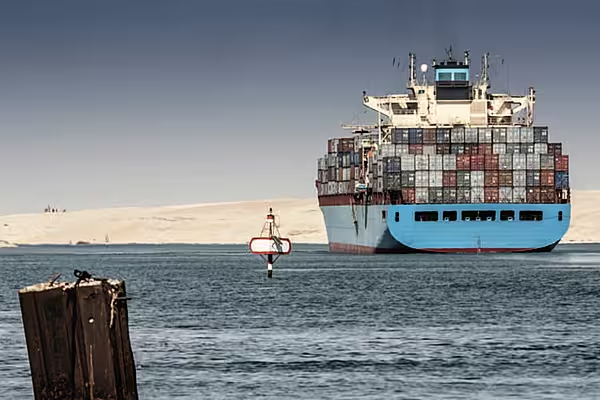As COVID-19 dominates the headlines, Nick Peksa investigates how the outbreak is likely to shape the retail buying environment.
Coronavirus will not be the last new disease to take advantage of modern global conditions. In the last two decades, we have experienced Ebola, SARS, Swine Flu, MERS and Bird Flu – in fact, new diseases emerge at the rate of one per year. Not all of these emerging infections will transmit as easily from person to person as coronavirus, however.
Even though coronavirus has a low mortality rate, as compared to the likes of Bird Flu or Ebola, the fear of a global epidemic has reached levels not seen before.
Direct And Indirect Effects
The impact of an infectious epidemic effects a country’s economy both directly and indirectly. The direct effect of the sickness consumes health care resources and removes people from the labour force.
However, I would offer that the psychological fear of contagion is perhaps many times more damaging that the actual disease.
The recent history of infectious disease outbreaks such as the SARS epidemic (2002-2004) and the Bird Flu epidemic (2009), has shown that the behavioural effects induced by fear are believed to be responsible for as much as 80% or 90% of the total economic damage.
Globally we have seen a Italy, country containing 60 million people, locked down, we have seen education systems stall and we have seen conferences and mass participation events postponed (including the Tokyo Marathon – much to my own personal disappointment).
Depressing The Global Economy
Prior to the outbreak, current trade restrictions had already slowed the global economy. The price of oil has fallen by about a quarter since the virus began to spread internationally, with demand for fuel expected to decline further. In anticipation of these demand changes, some of the world’s biggest oil producers have proposed a cut in output in a bid to support crude oil prices.
Compared to the 2003 SARS outbreak, the global economic effects of the 2020 coronavirus are likely to be more severe.
Firstly, over the last 18 years, the Chinese economy has tripled, it has established itself as a critical link in the global supply chain. Secondly and more importantly from a behavioural perspective, social media has created a global network of instantaneous news.
Transportation Impact
China is home to seven of the world’s busiest container ports. Shipping companies that carry goods from China have reported a reduction in the number of seaborne vessels; this represents a major disruption to the supply chain, as around 80% of world goods (by volume) are carried by sea.
China, in an attempt to contain the virus outbreak, has closed factories and kept workers at home, which creates a global problem. Everything from cars, food, machinery, apparel and other consumer staples are shipped in containers, and disruption to the industry will reverberate far beyond China.
Perishable goods rely on refrigerated ‘reefer’ containers for long-haul transportation, and quarantine delays at ports receiving Chinese ships have created a global shortage of these containers.
Air transportation has also been affected; commercial flights are not the only flights being cancelled. Citing a UK government travel advisory, IAG Cargo cancelled all services to and from mainland China for an unspecified period.
Global Food Situation
Fortunately, from a Chinese perspective, timing has played an important part. The outbreak occurred just before the Chinese New Year celebrations, meaning that frozen food stocks were at very high levels.
As the spread of coronavirus was very rapid, a number of these celebrations were cancelled, meaning that the consumption of frozen food was reduced, thus preserving available stocks.
The knock-on effect is however, being felt across the globe – for example, large volumes of European pork were earmarked for Chinese import. As these orders have not been fulfilled, this has resulted in surpluses of certain products.
The FAO reported that world food prices slipped in February due to demand changes.
Whilst price decreases may create a local opportunity for the retail industry, the cost of food in affected areas could be a potential problem. The price of food in China has surged in January by 20.6%, so closed factories and restricted labour forces, all combined with increasing food prices, will be distressing for many people.
Ending Thoughts
Policymakers need to recognise that fiscal stimulus will be required to help support the global economy. It is expected that it will take over six months to normalise shipping, the effect of panic will result in problems for the aviation industry, the entertainment industry and most importantly us as individuals.
Abolishing trade restrictions should stimulate future growth and help unite the world’s people.
Keeping calm and not panicking should help the local community. A global recession (if it occurs) is not the time for isolation, it should be a time for cooperation.
For more information, contact nick.peksa@cost-insights.co.uk.
2020 European Supermarket Magazine – your source for the latest retail news. Article by Stephen Wynne-Jones Click subscribe to sign up to ESM: European Supermarket Magazine.














